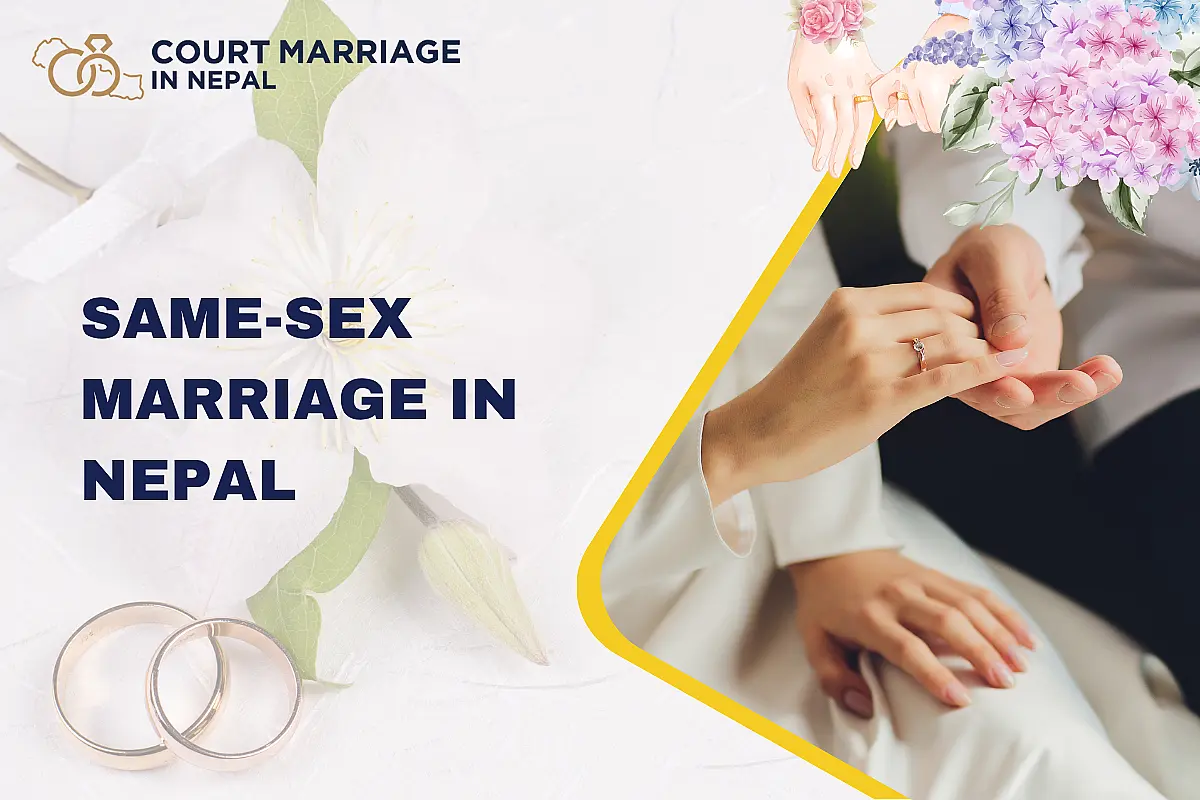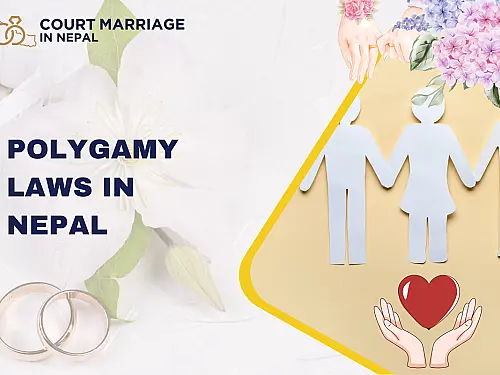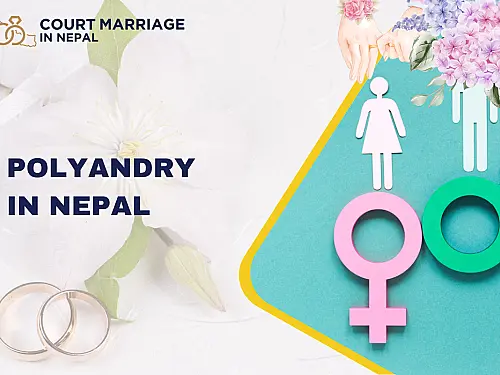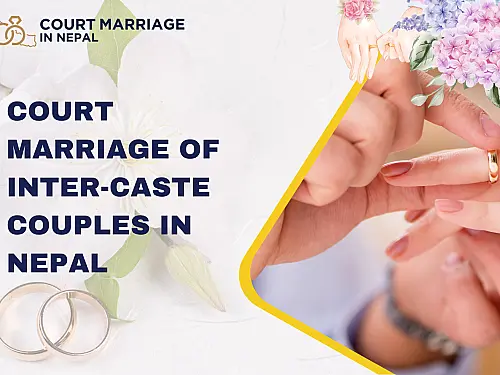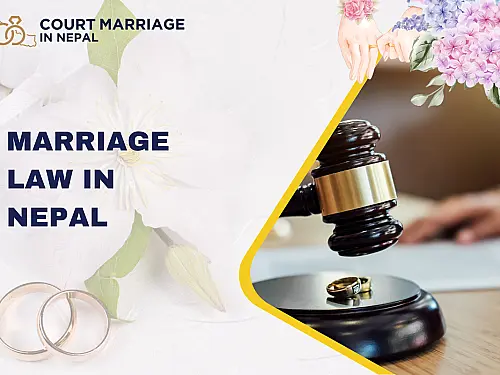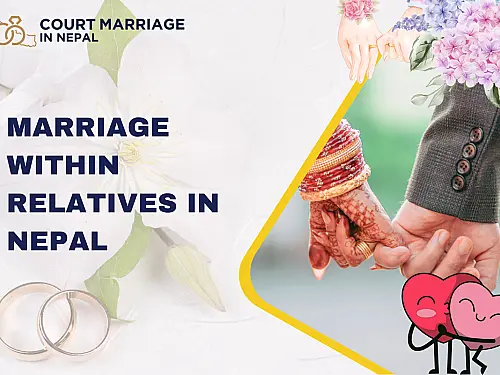Table of Contents
Nepal is acknowledged as a leader in South Asia for its forward-looking approach to LGBT rights, highlighted by its Supreme Court’s 2007 order to create legislation guaranteeing equal rights for sexual and gender minorities and its recent temporary acknowledgment of same-sex marriage.
Although these achievements have been made, the legal framework continues to be disjointed and insufficient. Although court rulings have consistently upheld the rights of LGBT people, such as the rights to gender identity and freedom from discrimination, the implementation of these rights through legislation and administration has been sluggish and inconsistent.
For instance, the Civil Code of Nepal still does not clearly acknowledge same-sex marriage, and while the Supreme Court has permitted some same-sex couples to register their marriages temporarily, this occurs through individual administrative decisions instead of being based on explicit legislative guidelines. Bureaucratic obstacles, insufficient awareness among local officials, and the lack of thorough legislation result in inconsistent enforcement and practical denial of rights. As a result, although the judiciary has established a basis for equality, the inability of the legislative and executive branches to formalize and consistently implement these rights leads to a disconnect between legal acknowledgment and actual experiences for the LGBT community in Nepal.
Provisional Recognition and Legal Process
The temporary acknowledgment of same sex marriage in Nepal signifies both a legal advancement and a manifestation of the continual fight for complete marriage equality. On June 28, 2023, the Supreme Court of Nepal delivered an important interim ruling directing the government to provisionally register marriages for same-sex couples and those whose official gender designation is marked as "other" a designation in Nepal that recognizes gender-diverse identities. This directive sought to offer prompt, though restricted, legal acknowledgment while awaiting the broader constitutional and legislative changes.
This court ruling resulted in a significant milestone on November 29, 2023, as the marriage of Surendra Pandey, a cisgender male, and Maya Gurung, a transgender woman legally acknowledged as male according to Nepal’s existing legal system, was officially recorded in Dordi Rural Municipality, Lamjung district. By this action, Nepal emerged as the first nation in South Asia to formally acknowledge a same-sex marriage, signifying a crucial milestone for the LGBTQ+ rights movement within the area.
Building on this precedent, several other same-sex and transgender couples have visited local government offices and successfully registered their marriages. Nevertheless, these registrations are absent from the primary civil registry system, which serves as the official and complete database utilized by the government for all legally acknowledged marriages. Rather, they are being recorded in a distinct, temporary registry. This establishes a dual-track system where same-sex marriages are recognized but do not receive the same institutional standing as opposite-sex marriages.
The presence of an independent register emphasizes the provisional and partial aspect of this acknowledgment. It implies that these marriages are acknowledged solely because of the court's temporary ruling and not due to official legislative acceptance. Nepal’s main civil registry, regulated by the National Civil Code of 2017, has not been updated to acknowledge same-sex marriage, resulting in these couples being denied the comprehensive legal protections and rights that marriage generally provides, including inheritance rights, spousal benefits, and recognition of family in administrative matters.
This dual system results in varied implementation among districts, as certain local authorities follow the court's directive while others, referencing the unchanged legal framework, decline to handle such applications. Consequently, even with the advancement indicated by the Supreme Court's temporary action, the legal standing of same-sex marriages in Nepal is still ambiguous and unequal, awaiting thorough legal reform via parliamentary measures.
Legal Rights and Limitations
The temporary registration system for same-sex couples noticeably fails to provide equal legal rights and recognition when compared to marriages between opposite-sex couples. Although this system permits a degree of relationship recognition, it fails to grant access to essential legal rights like inheritance rights, combined tax benefits, decision-making authority in medical matters, or the ability to jointly adopt children. These restrictions result in a legal inequality that denies same-sex couples the protections and benefits typically granted to opposite-sex couples.
Moreover, marriage certificates for same-sex couples continue to use the conventional gendered terms "groom and bride," highlighting a deficiency in inclusive legal language and acknowledgment. The application of this system varies nationwide, as certain local authorities persist in rejecting registration requests entirely, referencing compliance with the current National Code, which does not adequately endorse or recognize same-sex marriage. This inconsistent enforcement worsens inequality and underscores the necessity for thorough legal reform to guarantee equal rights and safeguards for all couples, irrespective of sexual orientation.
Legislative and Judicial Developments
Nepal's path to marriage equality has witnessed significant progress, yet genuine transformation has been sluggish and insufficient. The Civil Code, enacted in 2017, continues to define marriage exclusively as a union between a man and a woman. This definition poses a significant legal barrier for same-sex couples seeking equal acknowledgment and rights within the legal framework. Recently, the Supreme Court issued a provisional order permitting the temporary registration of same-sex marriages. Nonetheless, this order isn’t a conclusive judgment it resembles a provisional resolution as the Court persists in examining the matter. A complete and definitive decision has not been reached yet.
Simultaneously, Nepal’s Federal Parliament has yet to enact any new legislation to endorse marriage equality or to revise the Civil Code’s antiquated definition of marriage. This indicates that same-sex couples continue to await clear legal safeguards and equitable treatment. It’s important to mention that this isn't the initial occasion the Supreme Court has addressed LGBT rights. In 2007, the Court decided that LGBT rights fall under fundamental human rights and instructed the government to amend any laws that are discriminatory toward these groups. In 2015, a committee established by the government suggested legalizing same-sex marriage. However, in spite of these suggestions and legal acknowledgment, the government has not taken action on them. Although there has been some advancement in acknowledging the rights of LGBT individuals in Nepal, the journey toward complete marriage equality is still ongoing. Genuine change will necessitate a firm decision from the Supreme Court along with new legislation from Parliament that explicitly endorses and safeguards same-sex couples.
Constitutional Protections
Constitution of Nepal, 2015 marks a significant progress in acknowledging LGBTQ+ rights in South Asia. It was among the earliest constitutions in the area to explicitly recognize “gender and sexual minorities” as a protected category. This inclusion resulted from years of advocacy and a landmark Supreme Court decision in 2007, which acknowledged LGBTQ+ rights as essential human rights.
According to Article 18 of the Constitution, which ensures the right to equality, it affirms that individuals shall not face discrimination due to their origin, religion, race, caste, tribe, sex, physical condition, disability, health status, marital status, pregnancy, economic status, language, region, ideology, or other similar factors. Significantly, the phrase “gender and sexual minorities” is explicitly identified as a group safeguarded against discrimination. Moreover, the Constitution mandates the proportional representation of these minorities in public entities, including government institutions and civil services, guaranteeing their involvement in state structures.
Although the Constitution provides extensive protections and acknowledges the existence and rights of sexual and gender minorities, it does not explicitly secure the right to same-sex marriage. This exclusion creates a major void in legal safeguards. Marriage is a key institution that encompasses various legal advantages and obligations like inheritance rights, tax advantages, authority in medical decisions, and parental rights. In the absence of constitutional or legal acknowledgment of same-sex marriage, same-sex couples are essentially barred from these rights.
This constitutional ambiguity implies that the acknowledgment of same-sex marriage is subject to interpretation by the courts or the legislature. Currently, the Civil Code of 2017 describes marriage exclusively as a union between a man and a woman, reinforcing legal obstacles to marriage equality. Although the Supreme Court has provided an interim ruling permitting the temporary registration of same-sex marriages, this is not a lasting or complete answer, nor does it supersede the Civil Code or modify the Constitution.
Nepal’s Constitution establishes a robust framework for the inclusion and non-discrimination of gender and sexual minorities. Nonetheless, by failing to directly tackle same-sex marriage, it falls short of guaranteeing complete equality, placing LGBTQ+ individuals and couples in a legal ambiguous space regarding marital rights and acknowledgment.
Summary Table: Same-Sex Marriage in Nepal
| Aspect | Status (as of May 2025) |
|---|---|
| Legal Recognition | Provisional, via Supreme Court interim order |
| Marriage Registration | Allowed in a separate register, not fully integrated |
| Legal Rights (Inheritance, etc.) | Not granted; rights remain unequal to opposite-sex couples |
| Constitutional Protection | Yes, for gender and sexual minorities (non-discrimination) |
| Legislative Reform | No supporting law passed; Civil Code still discriminatory |
| Final Supreme Court Verdict | Pending |
| Uniform Implementation | No (varies by local authority) |
Conclusion
Nepal has made a significant and groundbreaking move by temporarily permitting same-sex marriage. This positions Nepal as the inaugural nation in South Asia to advance towards acknowledging the rights of LGBTQ+ couples in this manner, which is commendable. It demonstrates that the nation is starting to treat everyone more fairly, regardless of whom they adore.
However, concurrently, this step does not represent the ultimate goal. At this moment, same-sex marriage is acknowledged solely due to a temporary directive from the Supreme Court it is not a lasting statute. This implies it may still alter in the future, depending on the Court's ruling or the laws enacted by the government. Moreover, the existing system does not provide same-sex couples with the complete legal rights that heterosexual couples receive. Aspects such as inheritance rights, tax advantages, the option to make medical decisions for your partner, or jointly adopting children remain inaccessible to same-sex couples.
At Court Marriage In Nepal, a registered law firm operating as Court Marriage In Nepal Pvt. Ltd., we specialize exclusively in Court Marriage Nepal. As the first law firm in Nepal dedicated to court marriage services, we assist both Nepali citizens and foreign nationals with the court marriage registration process in Nepal, including complete legal support for court marriage registration for foreign citizens in Nepal. As a trusted marriage firm in Nepal and a licensed law firm in Nepal, we ensure a smooth, lawful, and stress-free experience. Contact us today for confidential assistance with court marriage registration in Nepal.

